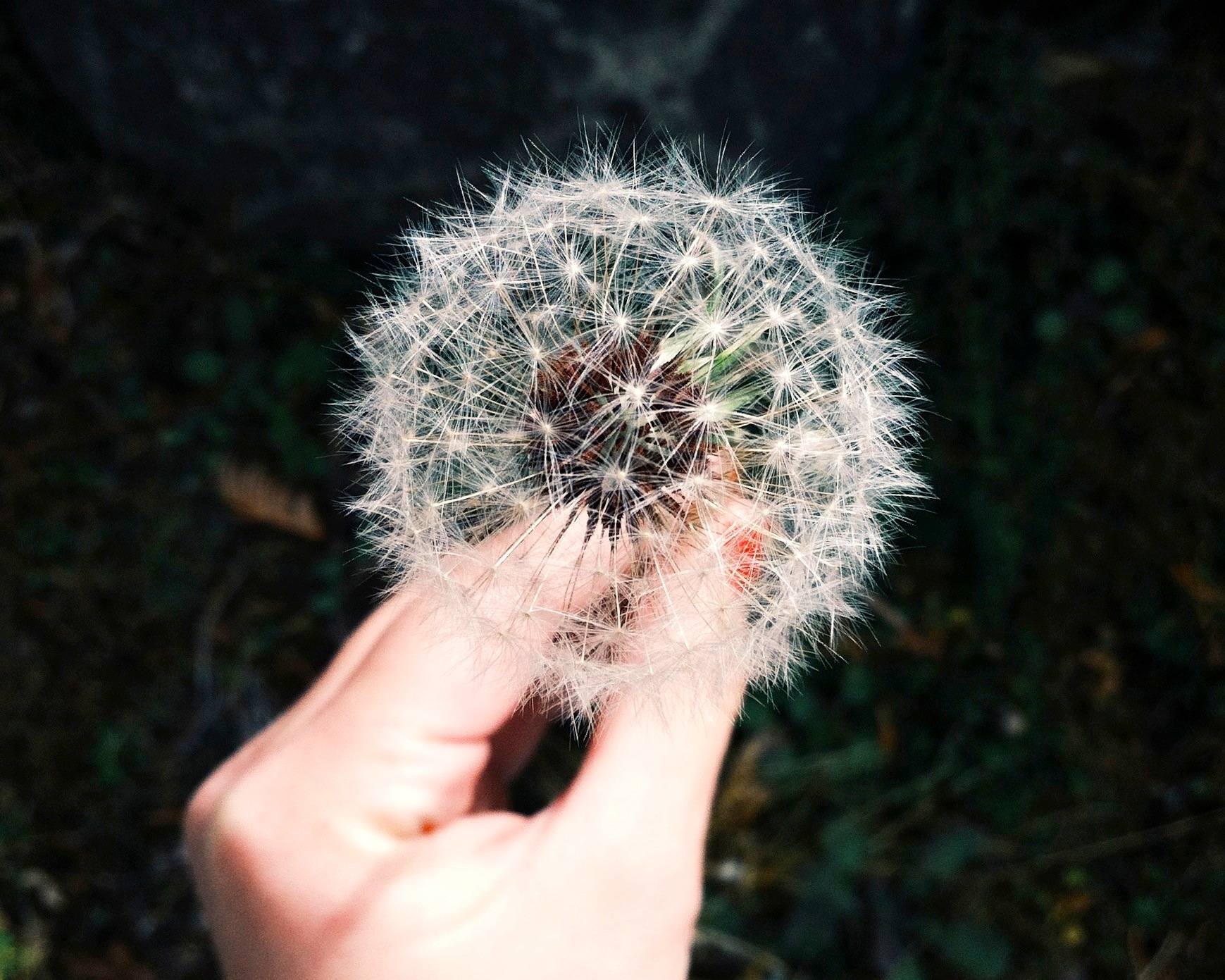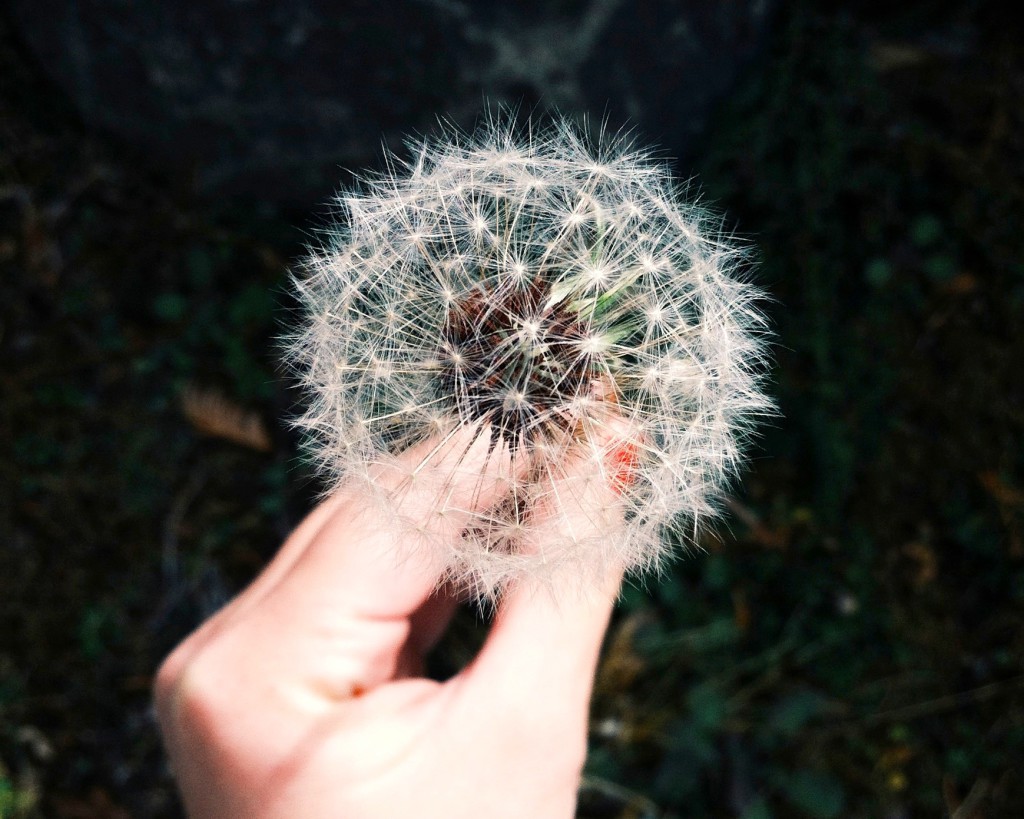On April 20, 1999, I was a senior in high school when the shootings happened at Columbine High School. At the time, I worked in a pizza parlor just across the park from from the school with a young man who would die in that shooting. It absolutely changed my world. It was the first time in my life that I cried to my mom and she couldn’t help me. She said, “Honey, I just don’t know what to do for you. I’ve never experienced anything like this before.”
The guy I worked with was a year or two younger than me. I had closed the shop with him just a few days before. I remember asking him to mop the front of the store, which was something I was supposed to do. He just smiled, went and got the mop and got to work.
As a 17-year-old, experiencing such a horrible event, I thought: Surely this will never happen again. How could we possibly let this go on? But it has. Again and again and again and again….
Tragedies like Columbine make you feel horribly mortal. They make you dizzy with confusion and heavy in the chest. Everything else feels trivial and any light is really hard to find. Most people have experienced something like this regardless of whether or not it made the headlines. Whatever it is, it tears you up and scatters you to the wind. You are left needing to make sense of the bits and pieces that remain.
After Columbine, I started researching school shootings. I probably did it at first as some sort of therapy, but in the end, I presented the material to my fellow high schoolers at my end-of-semester persuasive speech. I gave the background of a variety of broken and hurt people who commit horrific acts. My persuasive topic was this, “We ought to be nicer to each other—Be Nicer.”
It is such a simple lesson, but one we never seem to learn enough.
Nice is not trivial, it is an integral part of making our world a healthy place and there is science to back it up. A peer-reviewed paper (Fowler and Christakis, 2008) found that “People’s happiness depends on the happiness of others with whom they are connected.” Further, small acts of kindness have been found to have a host of benefits to both the giver and receiver.
It doesn’t have to be hard or time consuming, it just has to be there. Here are five easy ways to get you started:
1. Have a genuine, “How do you do?” conversation with someone who is serving you this week. Be it a grocer, toll-booth worker, restaurant employee—someone giving it their all, all day long. Give them a little real human contact. If they are grumpy to you, even better, be even nicer.
2. Call someone you haven’t talked to in a long time. Don’t wait for a particular reason to call, or to have something you need to say, just pick up the phone and dial.
3. Write someone a letter—like, a real letter. This will require a postage stamp and will give someone something to open that isn’t a bill. I promise it will make a little Happy.
4. Buy someone a coffee. How awesome is it when someone brings you coffee unexpectedly? It always tastes even more delicious and is usually the preface to some great conversation. Or, if you aren’t in the mood for talking, pay for the person behind you in the drive-through.
5. Tell someone you love them. Need I say more?
Small acts of kindness may not fix the big problems, but one thing I know for sure is that it will bring more light into the world. It might happen at just the right moment for someone who really needs it.
Fowler, J.H. and N.A. Christakis (2008), Dynamic spread of happiness in a large social network: longitudinal analysis over 20 years in the Framingham Heart Study. BMJ 337, doi:http://dx.doi.org/10.1136/bmj.a2338.
What acts of kindness have you seen lately?


